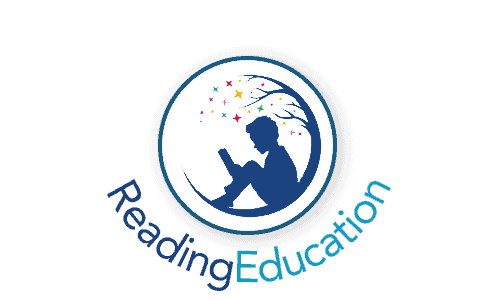Learning to read isn’t simply about reading books. For a child to fully grasp and absorb all facets of learning – reading included – it is vital to develop their ever-growing, sponge-like brains using a vast array of activities, tasks, and games, designed to help their grey matter work more efficiently, and, therefore, more effectively. In short, boosting their overall development, is the quickest way to boost reading skills. So, in today’s article we’re going to furnish you with five fun activities you and your eleven-year-old can do together to get their highly-receptive neurons firing on all cylinders.
Five Activities To Boost Reading Skills and Development in Eleven-Year-Olds
By the time your child reaches their final year at primary school, they will be reading 100% independently, in addition to reading for a range of learning purposes. However, this doesn’t mean that learning at home should take a back seat; in fact, it should be encouraged – particularly through games and activities as this is the most fun way to learn! At the end of day, all children love playing games and having fun, and it really is one of the best ways to learn and further their development. However, at the age of eleven it’s likely they’ll have many other commitments, so allow them a large degree of freedom to choose what to play and when.
#1 – Writing Games and Ideas
Writing about what they’ve read will help to boost both reading and writing skills. Encourage your child to keep a book diary or even a book blog. Many children love to keep journals of activities they’ve done, books they’ve read, and their thoughts on what is happening in their life, so encourage this when and wherever you can. Once they’re confident writers, they’ll have the desire to write more and more, so ask them to help you make shopping lists, plan a holiday schedule, write party invitations etc.
#2 – Reading Together
It’s a common misconception than when your child is able to read independently there is no need to continue reading to them when quite the opposite is actually true. Many children aged eleven still love being read to, so carry on doing it! Reading to them is one of the best ways to improve their listening skills, in addition to expanding their vocabulary – particularly if you select books a year or two above their learning age. Don’t forget to ask them to read to you though! This will enhance their expression and fluency, which are two key components of learning to read. Furthermore, encouraging your child to keep a book diary will help them to remember which books they’d like and disliked – and why. This is an effective way to further develop their reasoning and analytical skills.
#3 – Technology Games
Although screen time should be limited, the use of technology shouldn’t be viewed in the same manner. Using technology is part and parcel of today’s world; therefore, it’s important to verse your child in how to use technology not only for educational purposes but also how it can help them in life. Karaoke is a game that many children and adults love to play as it involves performing and singing, so if your child has a proclivity for performing arts, karaoke is certainly a good choice as it combines on-screen reading with performance. If your child owns a tablet or has regular access to one, download ebooks, quizzes, puzzle solving games and the like, as this will help them to further their development and learning whilst having fun at the same time. Games consoles are often frowned upon, but provided time restrictions are put in place, there’s no reason why your child can’t enjoy an hour or two per week playing them.
#4 – Board Games
We all know how much fun board games can be, but they’re also really educational too, meaning they’re a fantastic tool for furthering your child’s development. Try to play games that revolve around definitions and budding definitions to encourage your child’s interest in the origin and meaning of words – the game Call My Bluff is an excellent example of this. Furthermore, games such as Taboo help to promote fluency, expression, and lateral thinking, and Scrabble helps to expand vocabulary, learn new words, and puzzle solve.
#5 – Word Games
Words (and numbers) are all around us no matter where we are or what we’re doing; therefore, word games should be encourage through all stages of your child’s learning and development. By age the of eleven, your child’s reading and writing ability will be developing rapidly, so why not encourage them to create word searches and crosswords for you and other family members to have a go at? This is not only a fun exercise for both your child and you, it will also boost their dictionary skills and broaden their vocabulary. Using anagrams to create words is also a fantastic activity that involves a wide range of skills. Choose longs words and ask your child to make as many words as they can from it. Apparently over 1950 words can be made from the word ‘Constantinople’ – don’t expect them to get them all though!

